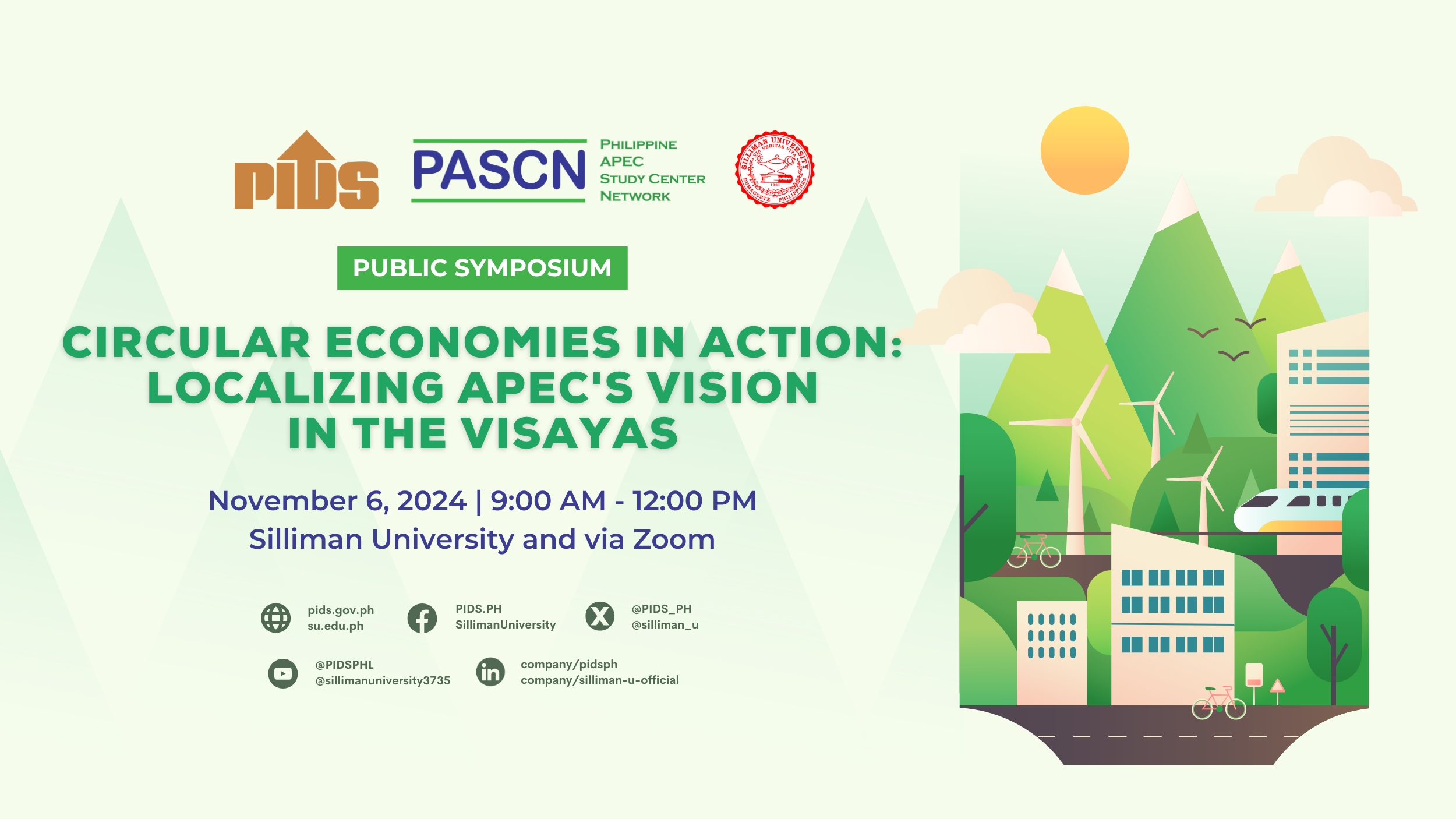The Philippines and other member nations of Asia-Pacific Economic Cooperation (Apec) can work cooperatively in implementing measures to develop human resources which play a crucial role in economic growth.
Tereso Tullao Jr., Christopher James Cabuay and Daniel Hofileña, consultants of state think-tank Philippine Institute for Development Studies (PIDS), said investing in education can boost a country’s human capital. "From the Apec perspective, education and human resource development are important in pursuing the goals of the organization and in narrowing the income gaps among its member-economies,” they said in a policy paper emailed to select entities, including The Daily Tribune.
In addition, the authors said the expansion of connectivity among Apec member-economies can be facilitated and translated into connectivity in trade in services, including cross-border education.
They particularly proposed an inter-university cooperation among Apec members related to the establishment and maintenance of academic exchanges among the leading universities in each economy.
"Synchronization of the academic calendar, standardization of course offerings, and measures of accreditation and recognition should also be pursued to facilitate academic exchanges,” the paper said.
In line with this, it underscored the need to create an academic exchange visa for students and professors similar to the Apec business visa.
The paper also underscored the need for cooperation and technical assistance through sharing of modern equipment and technologies, teacher training in technical and vocational skills, and accreditation and qualification measures in technical competency given the "economic and technological gaps among Apec member-economies.”
Further, there is a need to exchange best practices in addressing the problems of unemployment and talent mismatch as well as the migration of human resources.
Human capital development is being proposed as a major thrust and theme in the 2015 Apec Meeting in Manila.
"With this theme, there is a need to have high-level discussion on developing the 21st century workforce because it is a key to the development of competitive industries and the promotion of inclusive growth,” the paper further said.//












